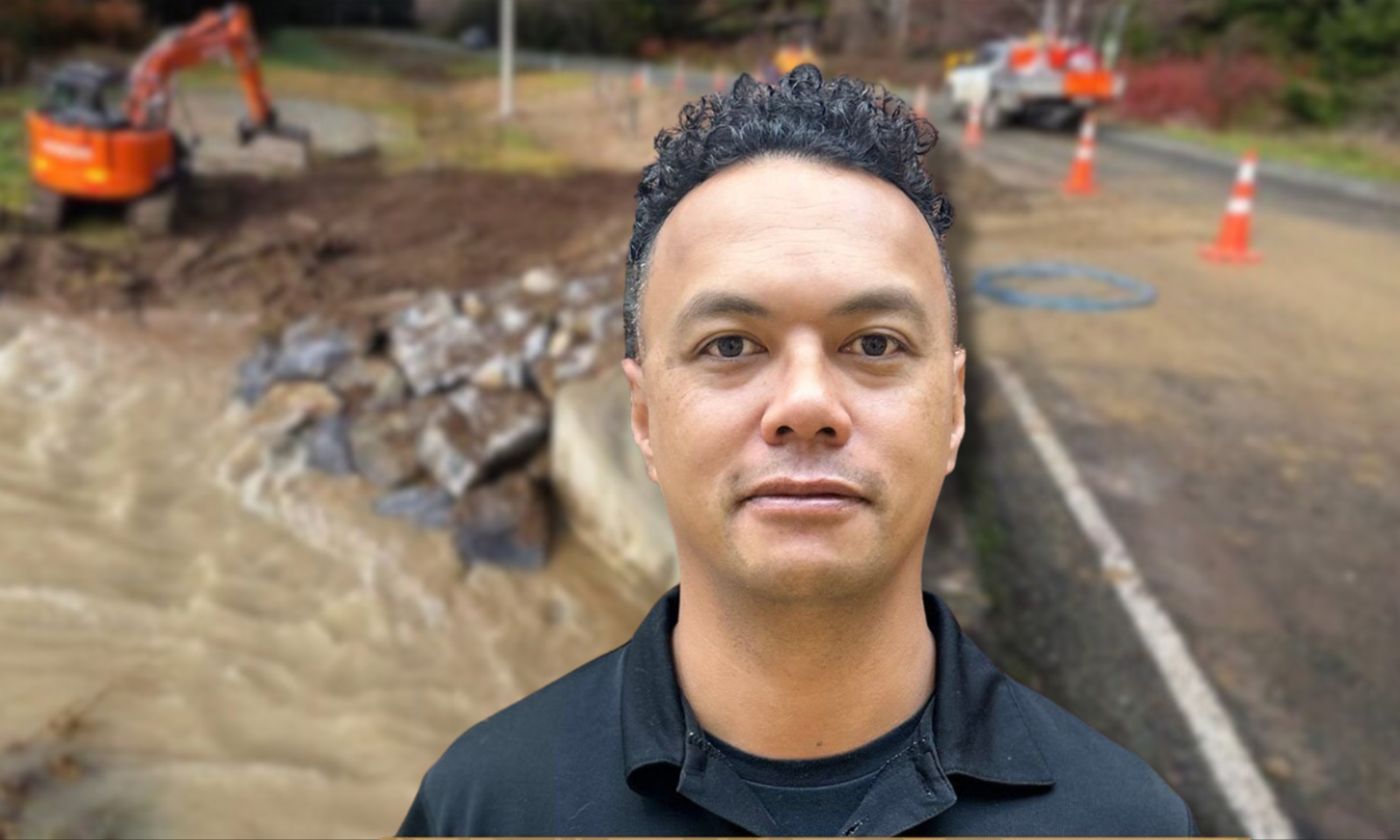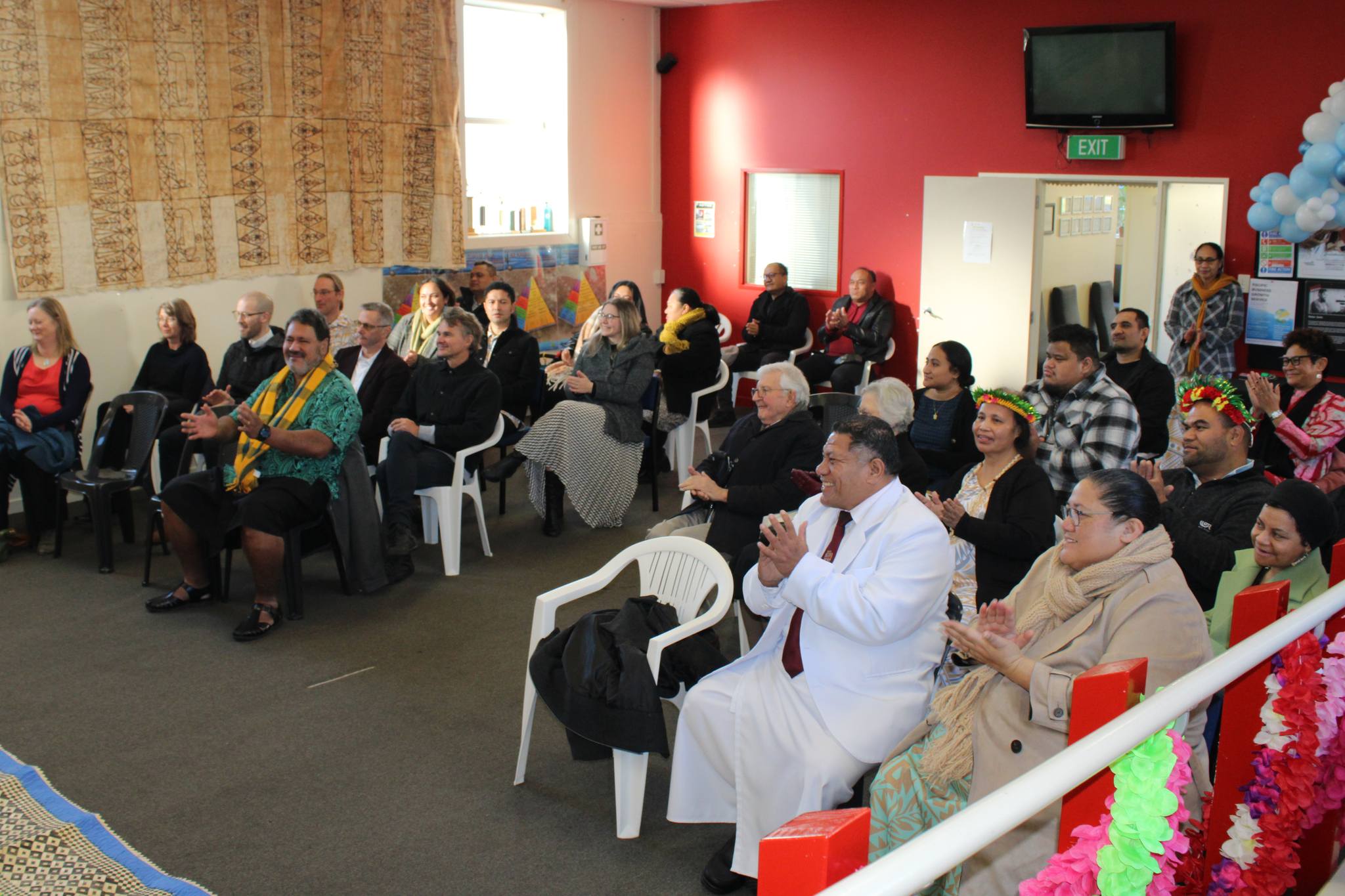

Photo/Pacific Trust Otago.
Pacific-led mental health service provides support to South Island communities
The Ke Tatala service is offered at Otago’s Pacific health and social services provider, aimed to support Pacific communities in the region.





Documentary portrayal of a Sāmoan author becomes deeper story about mental health





Documentary portrayal of a Sāmoan author becomes deeper story about mental health
A Pacific health provider in the lower South Island is encouraged by their new mental health service.
The Pacific Trust Otago launched their Ke Tatala service in June which aims to support Pacific peoples through their mental health journey. The translation to Ke Tatala comes from the Tongan saying, “ke tatala e pulonga,” which means "lift the dark clouds”.
Pacific Trust Otago chief executive Fa'animo Elisara-Too joined to discuss how the service has come about. She said it was “vital” for the organisation to deliver a service that supports mental health.
“One of the outcomes from community meetings was that we try to find some funds to bring a contract to deliver the service. And that was our focus.
“You know our communities, it’s one thing to consult them but if you don’t provide the follow through, you lose their trust.
“So it was vital for us to deliver our promise that we would do whatever we could to bring on board a contract that can provide.”

Community members during the Ke Tatala service launch. Photo/Pacific Trust Otago.
The service allows people to share their stories and enhance their mental wellbeing through conversations with experienced professionals. The service offers assessments, individual and
group sessions, and connections to other supportive resources that caters to the needs of an
individual.
Elisara-Too said the ground-work to launch the service included several talanoa in the community, which provided “rich” insight.
“It was rich in the realities of what they were facing. It was raw, so raw that I had no choice but to look and tap into all the resources that we could to help.
“We are so grateful and we’re proud that it’s been led by us, and the service and Pacific access and choice is a no barriers service.
“That means every possible barrier has to be eliminated and removed, so that it looks, feels and sounds like our Pacific people.”
The region is booming with growth from migrants around the country, the Pacific and RSE workers who are scattered throughout Otago - all of which are supported by the Pacific Trust Otago.
Ke Tatala Aere Mai coordinator Michael Walker said the service is starting to pick up.
“We’re able to do an assessment on the, see where they’re at and then we can offer other services we have available here to share. It’s quite a simple process with all the services available, so we can access them quite easily.
“By the looks of things we’ll get a lot more coming in, we’ve suddenly had quite an intake of referrals. We’re doing a lot more promotional work in the community and we’re seeing a lot more interest as well.”
Ke Tatala clinician Sascha Scholz said he is encouraged by their interest in their services.
“It took a little while for the first referrals that came in, we had a couple of people to come in and be comfortable. But now it’s picking up, and we’re seeing people come in for a longer time.
“It’s very different from formal work in a psychiatric hospital where we’re very boxed in, all about in-depth psychotherapy work. But here is people more so seeking advice, and it's great
learning.”
The service is now in its third month of operation and Pacific Trust Otago are hoping to continue to break barriers surrounding mental health.
“Those who come in have challenges with language barriers, but it’s only one so far. The patterns that are coming through are around financial distress, and it’s pretty much related to our cultural obligations,” said Ke Tatala Cultural Advisor Maria Lucas.
“So this work is more than just a one on one, community is a very important part of it as well to work through some shifts in that area.”
Lucas said as the service is starting to pick-up, they want more people to not be ashamed.
“We try to get into the community and present ourselves to our people to break down those barriers. We tell people, even if it’s about stress of some sort, that it is ‘mental-health’.
“We want to tell people not to not feel ashamed of accessing mental-health services.
“That’s why we need support from our leaders, and try to reclaim what it was before when mental-health wasn’t stigmatised, it’s trying to normalise these discussions.”
To find out more about the service, visit: Pacific Trust Otago | PTO